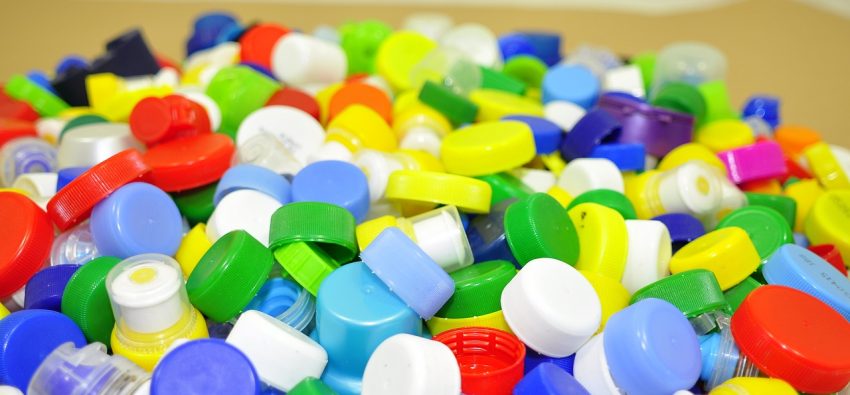It started with a cautious conclusion from two Atlantic writers: Recycling plastics doesn’t work.
Now the environmental group Greenpeace has sealed the deal. From its Oct. 24 press release:
“Most plastic simply cannot be recycled, a new Greenpeace USA report concludes. Circular Claims Fall Flat Again, released today, finds that U.S. households generated an estimated 51 million tons of plastic waste in 2021, only 2.4 million tons of which was recycled.
“The report also finds that no type of plastic packaging in the U.S. meets the definition of recyclable used by the Ellen MacArthur Foundation’s New Plastic Economy (EMF NPE) Initiative. Plastic recycling was estimated to have declined to about 5–6% in 2021, down from a high of 9.5% in 2014 and 8.7% in 2018. At that time, the U.S. exported millions of tons of plastic waste to China and counted it as recycled even though much of it was burned or dumped.”
Savvy commentary from John Tierney in City Journal:
“These fatal flaws have been clear since the start of the recycling movement. When I wrote about it a quarter-century ago, experts were already warning that recycling plastic was hopelessly impractical because it was so complicated and labor-intensive, but municipal officials kept trying in the hope that somebody would eventually find it worthwhile to buy their plastic trash. Instead, they’ve had to pay dearly to get rid of it, typically by shipping it to Asian countries with cheaper labor and looser environmental rules.
“In New York City, recycling a ton of plastic costs at least six times more than sending it to a landfill, according to a 2020 Manhattan Institute study, which estimated that the city could save $340 million annually by sending all its trash to landfills.”
My viewpoint: Two big problems with Greenpeace’s analysis are: 1) it blames companies for promoting the “plastic recycling myth” and urges them to “phase out single-use plastic” and “offering packaging-free products.”


Once upon a time we were told that high temperature burning would produce clean energy. Once upon a time we were told that a woman scientist had a way to return plastics to liquid hydrocarbons from whence they came. Only recently we were told that a certain bacteria could eat these plastics.
Trex and other companies that create building materials, do recycle a lot of plastics, but mainly sheet goods like plastic film and shopping bags.
Long and short, if someone–probably a big company–comes up with a profitable use of discarded plastics, they won’t be going into landfills or the ocean.
The big problem—I think—is that virgin plastic is so cheap. Recycling just can’t compete.